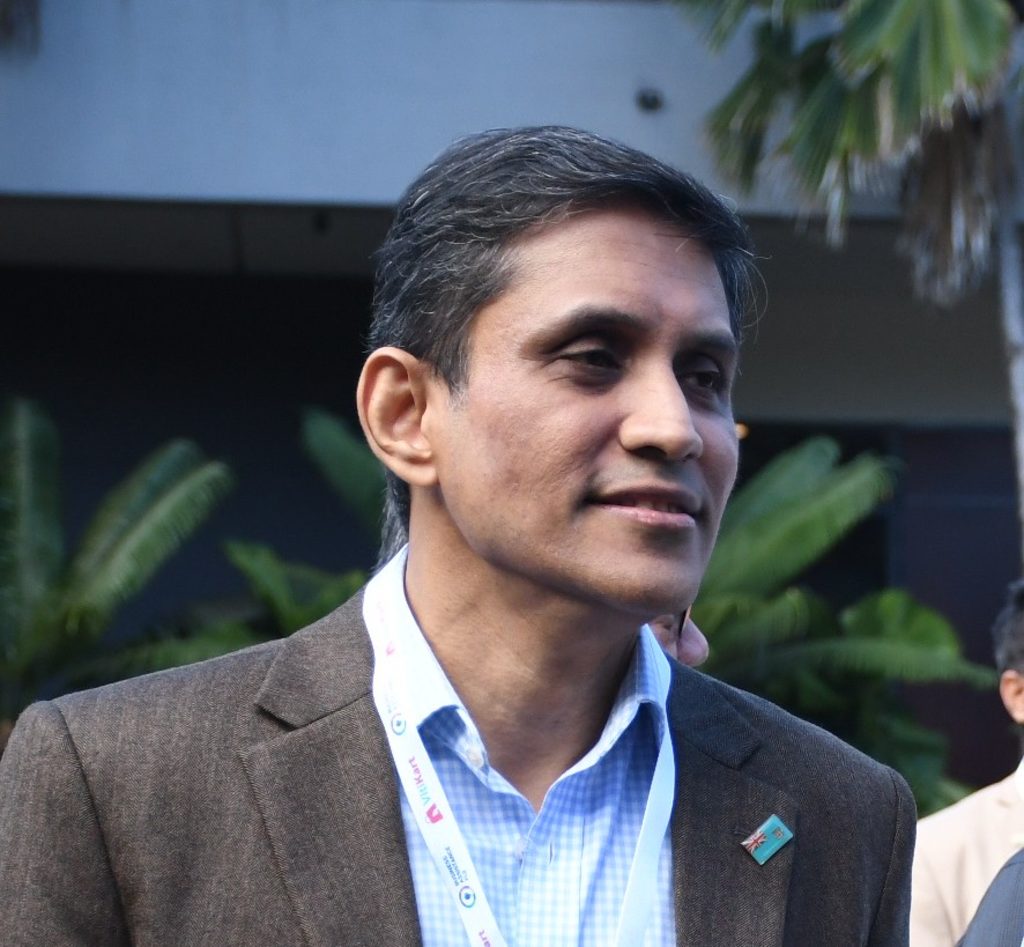RECENT court hearings in Germany on the removal of restrictions imposed by its food and safety regulator on kava has yet to translate to market access, as kava is still banned in countries across the European Union (EU).
And according to the Ministry of Trade, talks are still ongoing in getting kava back into that market, after the initial ban by Germany’s Bundesinstitut für Arsneimittel und Medisinprodukte (German Federal Institute for Drugs and Medical Devices or BfArM) in 2002, which famously linked it to liver damage and led to the collapse of Fiji’s kava export boom in the late 1990s and early 2000, forced an EU-wide ban on kava that has since remained in place.
“We are working with the EU to see how we can ensure that kava is recognised as a safe, consumable product within the EU,” permanent secretary for Trade Shaheen told The Fiji Times in an interview last week.
“The work is still carrying on,” he said.
“As you know, the EU is a customs union, an economic union of countries so we have to look at both the Commission-level regulations and Country-level regulations as well for certain products.
“Kava is listed as a priority product under the iEPA (iterim Economic Partnership Agreement), meaning both sides need to give it priority.
“So the market access discussions with the EU are currently ongoing and we foresee once the EU market opens up for kava, it will be a valuable alternative market to the traditional markets that we have currently, which are Australia and the US.”
Fiji has made significant progress since the first kava ban in 2002 and is in advanced stages of establishing laws to protect kava, from production to exports.
When allocating $115.3million to the Ministry of Agriculture in its latest national budget (FY 2025-2026), Government noted that a key emphasis for the Ministry would be the strengthening of the kava sector.
PS Ali said the Ministry of Agriculture is currently undertaking extensive consultations on the Kava Bill.
If passed, the Kava Bill would be Fiji’s first piece of legislation specifically drafted for kava.
“The Ministry of Agriculture is looking at the Kava Bill as well as a National Kava Policy and they’re doing extensive consultations on it,” Mr Ali said.
“How we can protect kava as a Geographical Indicator or as IP (Intellectual Property) for the Pacific and Fiji. We are hoping that the new Kava Bill will address those areas and domestically protect kava as well as the type of species we have, the varieties, how we treat kava, how we prepare kava, those things could be covered.
“Also once kava is domestically protected, then we are able to also extend that protection regionally as well as globally through bodies like the World Intellectual Property Organization, and of course though the EU, they have this GI infrastructure.
“So yes, the Bill is very important and it will cover these types of critical elements.”
Note: This article was first published on the print version of the Fiji Times dated July 3, 2025



